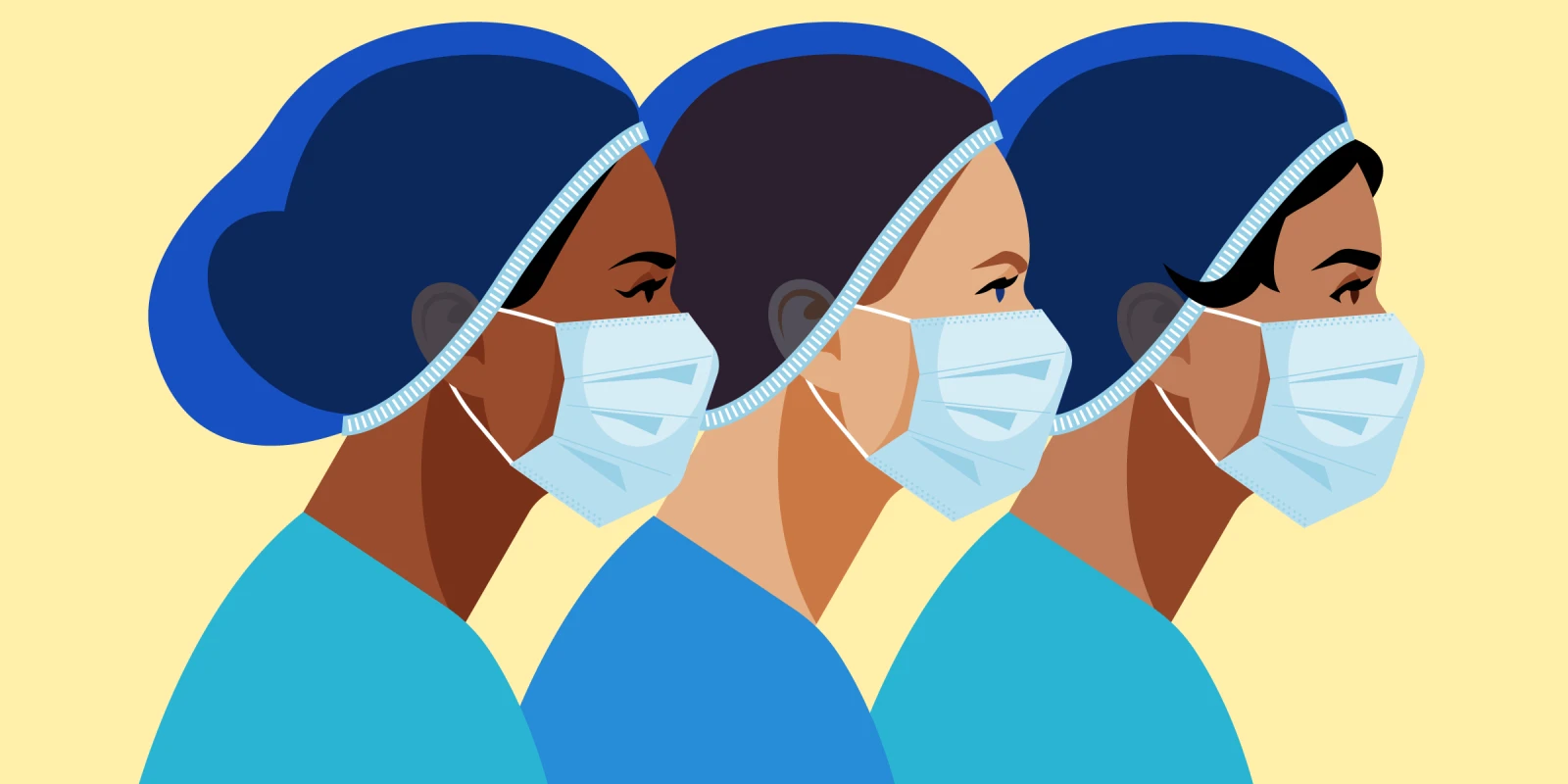Dr. Lisa Friedman is a 2020–2021 Doximity Research Review Fellow. Nothing in this article is intended nor implied to constitute professional medical advice or endorsement. The views expressed in this article are those of the author and do not necessarily reflect the views/position of Doximity.
I played three sports in college, and while it was a great experience and I felt extremely well-supported, I was always confused by one thing: why the college had two different mascots — the Knights for the men’s teams and the Lady Knights for the women’s teams.
Just as in college athletics, significant efforts have been made to increase representation for women across medical subspecialties that have been historically dominated by men. While progress has been made, only 5.2% of attending orthopaedic surgeons are women and 14.4% of residents are women as of 2015. A recent study by Goss et al. examined the factors that were most influential to female residents in choosing a residency program. While many orthopaedic residency programs actively recruit female candidates to increase the diversity of the field, this study helps elucidate how those efforts can best be targeted to female applicants.
The study found that women considered camaraderie among current residents; happiness of current residents; successful placement in desired subspeciality fellowship; and early surgical/clinical experience to be highest scoring characteristics. Attitudes toward maternity leave, geographic location near spouse, number of female attendings, number of concurrent fellows, and the number of female residents were the least influential factors in choosing a residency program.
Goss et al.’s study demonstrates that by the time the decision has been made to apply for residency, applicants are drawn to the universal characteristics that attract all applicants to any program; that is, happy residents and a robust operative experience. The perceived “female friendliness” of a program — an image that can be difficult to cultivate in a matching process that is not entirely in the hands of a residency selection committee — is notably not an influential factor.
Increasing representation in orthopaedic surgery is an effort that should be applauded. Programs such as Nth Dimensions and the Perry Initiative, which start earlier in students’ educational pathway, have done great work to increase interest in orthopaedic surgery for women and will level the gender gap in orthopaedic surgery. The study by Goss et al. demonstrates that by the time women are applying for orthopaedic surgery residency, what they want to get out of their experience is to become, first of all, excellent surgeons, not excellent female surgeons.
Lisa G. M. Friedman graduated from Case Western Reserve University with a medical degree and a master's degree in bioethics. She is currently the orthopaedic trauma research fellow at Geisinger Medical Center. Her interests include shoulder and trauma surgery, and she enjoys creative writing and playing sports in her free time. Dr. Friedman can be found on Twitter, @Shoulder2LeanOn. She is a 2020–2021 Doximity Research Review Fellow.







